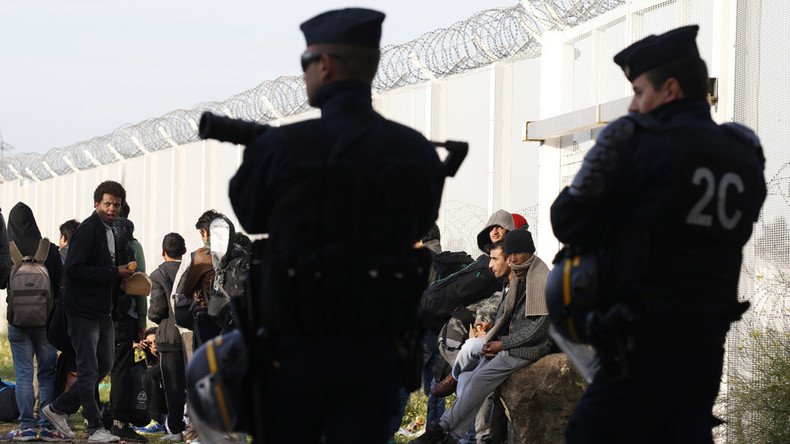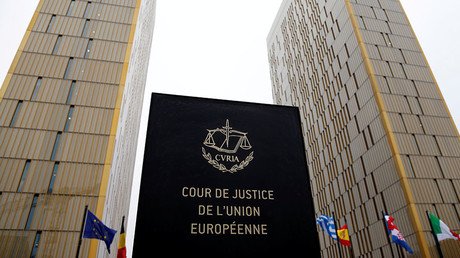Govt buried report showing terrorism, crime & illegal migration will increase after Brexit

Terrorism, crime, and illegal migration in the UK will increase after Brexit, Theresa May’s own Home Office claimed, in a report which was buried in Britain before voters took to the polls.
The unpublished report insisted security co-operation between the European Union and the UK will be dramatically reduced after the divorce – despite the prime minister’s recent claims to the contrary.
Security services, MI5 and MI6, assisted officials in drawing up the 49-page dossier which said the UK will be less secure from “terrorism, criminality and illegal migration.”
The documents, seen by the Times, will cause embarrassment for the Brexit team which has repeatedly insisted the strength of the British security services gives the country a trump card over the EU.
As she triggered Article 50, formally kicking off Brexit negotiations, May caused fury by writing no deal between the two sides of the Brexit spilt would lead to weakening of cooperation on crime and security.
Now, it has been revealed her letter may have been influenced by a buried report.
The report was overseen by May while she was at the Home Office, according to sources for the Times.
The national security adviser at the time, Mark Lyall Grant, is believed to have seen the report which recommended support for remaining in the EU.
“Co-operation with EU countries would continue if the UK were to leave the EU. But none of the tools for co-operation EU countries have available with countries outside the EU match the speed, efficiency, and cost-effectiveness of the tools that are available for co-operation between EU members,” the report says, according to the Times.
Among the problems envisaged for a post-Brexit world is a hike in cost to deport criminals once Britain can no longer take advantage of the European Arrest Warrant (EAW).
Under the EAW the government shells out around £13,000 ($16,600), but non-EU nations can be forced to pay £62,000.
Criminals crossing borders was also a heightened concern in the report, which was reportedly created by former “head of EU police and criminal justice” Stephen Vitkovitch in the Home Office.
The report highlighted the benefits of the Schengen Information System (SIS) which flags wanted criminals, stolen property and cross border crime.
So far, no non-EU nations are party to SIS protections, which led to the identification of 769 suspects in a year.
The help offered by the EU when 30 British citizens were killed in Tunisia was also highlighted in the report.
Following the beach massacre, pooled resources were used to help the families of those slain.
“UK citizens in a crisis situation were thus able to benefit from deployment of EU resources and expertise in a situation which would have placed significant demand on UK resources in isolation,” the report states.
However, the documents did not rule out security arrangements being made with member states after Brexit.
The report went unpublished after a backlash over “project fear” – an accusation the Tories were scaring people into voting Remain in the referendum.
The Home Office declined to comment.














